If you're diagnosed with cancer, you might find yourself turning to your beliefs to help you cope, or you may begin to ask questions about why this is happening to you.
It’s really made me explore life, the reason we’re here and what our journey’s all about...you learn a lot about who you are as a person and what’s important to you.
Cancer Survivor (1)
Life changes in many ways when you or someone you care about develops cancer.
Some people use this time to find out what has real meaning in their lives and what can help them through this difficult time.
What is spirituality?
Spirituality refers to our beliefs about the meaning and purpose of life.
Spiritual moments can happen at any time: when you feel close to nature, look into the face of a loved one, reach out to a person in need, or enter a church, temple, synagogue, mosque, or place of worship.
Religions are traditions of spirituality. Some draw their spiritual beliefs from philosophy, poetry, and life experiences. Some of us think deeply about these matters. Others simply live their beliefs.
How cancer affects spirituality
Spiritual distress after a diagnosis is natural. Many with a strong faith think there is something wrong if they question their faith or practice after a cancer diagnosis. Spiritual distress is a common part of the cancer experience, like fatigue or psychological distress.
It is normal to ask some big life questions during your cancer experience. Questions can naturally arise, such as:
- who am I?
- what have I done?
- where am I going?
Many people want someone to talk to about these questions.
Cancer can isolate us from our religious and spiritual communities both physically and emotionally. Some people are angry with God for allowing them to get cancer or wonder if they are being punished.
Having cancer doesn’t mean you are a bad person, but you may find visiting a tohunga, elder or spiritual guide helpful at this time to address these feelings.
Spiritual care is important for many people at the end of life.
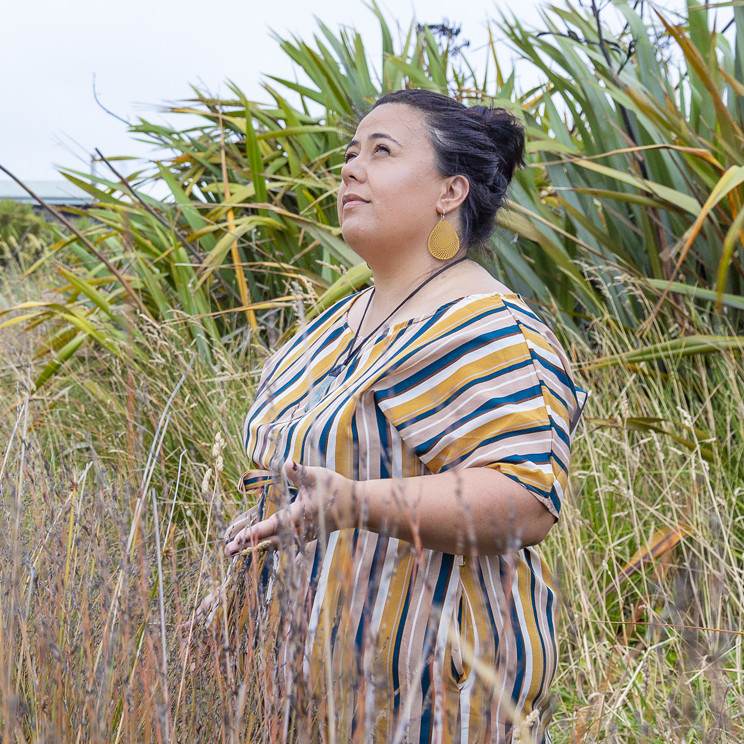
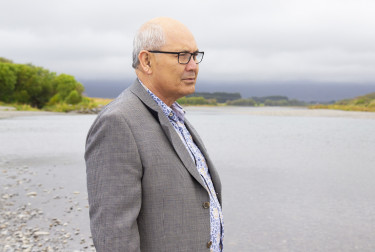
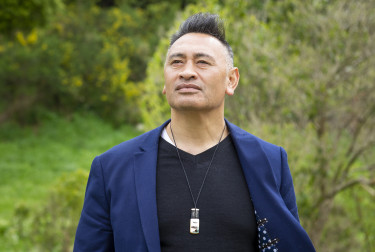
Wairuatanga
Sometimes called the ‘two waters’, Wairua is a central part of Māori health (Hauora).
For many, it is described as the ‘two waters’ because it allows people to exist fully and fulfil their potential in both Te Ao Kikokiko (the seen world) and Te Ao Wairua (the unseen world).
The wairua isn’t located in any specific part of the body but is central to your whole being, leaving the body at death or when you are asleep. During dreaming hours, the wairua wanders through the realms of Te Ao Wairua and returns to the body on awakening. This is why dreams are usually very important to Māori.
The wairua of the individual and whānau, as well as the wider physical and spiritual environment, play a significant role in overall wellbeing. There are many avenues and protocols that enable your wairua to be well or to become unwell. The wairua, hinengaro, mauri, tinana, whānau and environment are not separate. All things are connected and usually show through wellness or illness.
Te whare tapa whā3 is one model of wellness that shows the relationship of taha wairua (spiritual wellbeing), taha hinengaro (the mental and emotional wellbeing), the taha whānau (family wellbeing) and the tinana (bodily health). The symbolic use of a wharenui emonstrates that taha wairua (spiritual well-being) does not exist separately from other parts of life .
There are many ways to look after your wairua, such as:
- knowing who you are and where you are from
- waiata
- karakia
- te Reo
- rongoā Māori
- spending time with whānau
- going into the ngāhere (forest/nature)
- bathing in your awa or the moana (rivers/sea)
- seeing a tohunga
- returning to your marae
As with most journeys in life, a cancer journey is also a wairua journey. Seek out those who will tautoko your journey. Seek comfort from coincidences. If you feel you should go to your tūrangawaewae or have an urge to see something or call someone, then listen to your wairua. Your wairua is gently showing you what it is that you need.
- ‘Cancer Survivor Stories’ (2014); Richard Egan, Joanne Doherty, Tira Albert, Rebecca Llewellyn, Chris Walsh, Phil Kerslake, Christine Pihema, John Kramer, Al Frost, Marie Retimanu-Pule, Kelly Atkinson, Susan Sutcliffe, Teresea Olsen, Chris Atkinson, Pam Mc-Grath, Sarah Wood. CSNZ Social & Behavioural Research Unit, University of Otago (p89)
- Goza, T Ngāti Kauwhata, Ngāti Haua, Ngāti Raukawa (2019). Nā te aroha ki te tangata, ka tuku enei kupu ki ngā tangata katoa kia tau ai te mauri ka ora ai te wairua.
- Durie, M Ngāti Kauwhata, Ngāti Rangatahi, Rangitane (2011). Retrieved from http://www.hauora.co.nz/assets/files/Maori/maori_health_model_tewhare.pdf
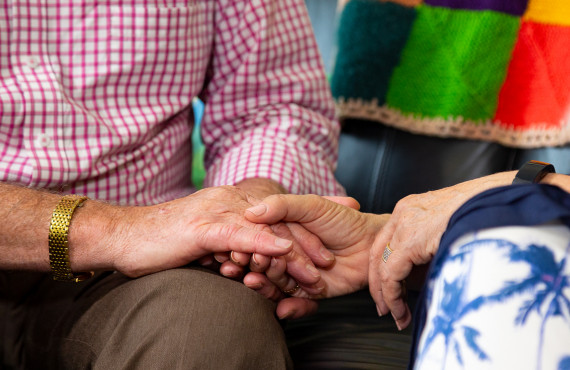
Are you supporting someone with cancer? Here are resources that can help you look after yourself and…
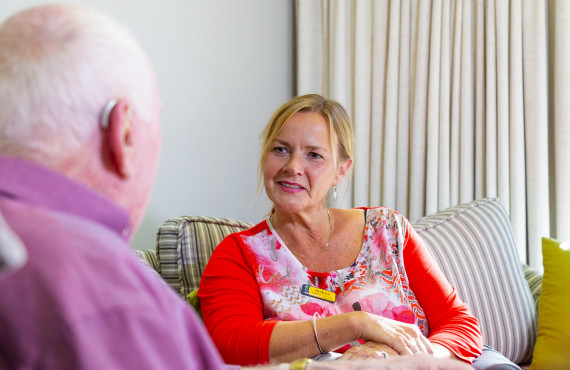
We have free counselling and psychological services for people with cancer and their family/whānau.
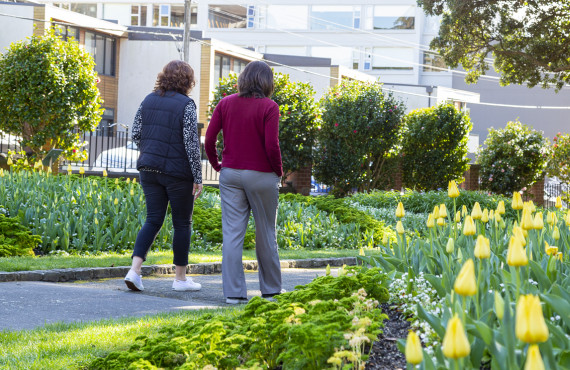
For many people, having cancer changes how they feel about themselves and how they feel about sex.
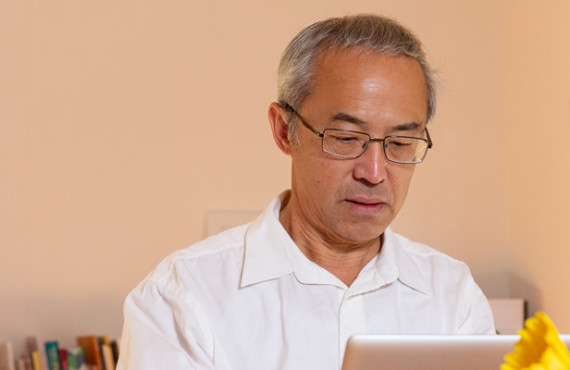
There may be support and benefits available to get you through your treatment.
We know that going through cancer is tough and can raise many questions. You are not alone.
We have health professionals to answer your questions and provide the support you need.
Get in touch
